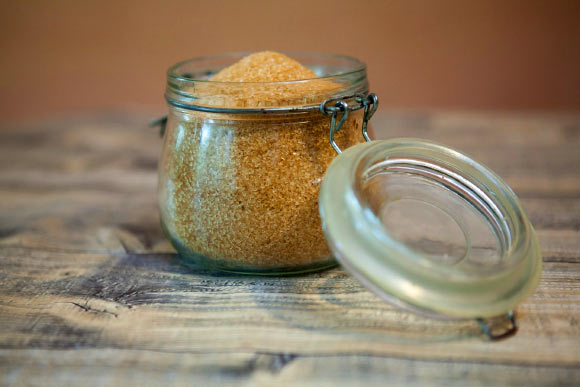A small dose of glucose can improve memory in older adults, motivate them to work harder and puts them in a good mood when performing difficult tasks, according to a new study published in the journal Psychology and Aging.

Mantantzis et al found that increasing blood sugar levels not only improves memory and performance, but makes older adults feel happier during a task. Image credit: Gabriela Sanda.
“Over the years, studies have shown that actively engaging with difficult cognitive tasks is a prerequisite for the maintenance of cognitive health in older age,” said study first author Konstantinos Mantantzis, a Ph.D. student in the Department of Psychology at the University of Warwick, UK.
“Therefore, the implications of uncovering the mechanisms that determine older adults’ levels of engagement cannot be understated.”
Mantantzis and colleagues examined whether glucose can help older adults to exert more effort under high difficulty conditions, and if so, whether such increase is accompanied by a change in positive affect.
Fifty-three young (aged 18-27) and 58 older (aged 65-82) participants consumed a glucose or a placebo drink (with artificial sweetener) and completed a memory-search task at three levels of difficulty.
The scientists measured participants’ levels of engagement with the task, their memory score, mood, and their own perception of effort.
They found that increasing energy through a glucose drink can help both young and older adults to try harder compared to those who had the artificial sweetener.
For young adults, that’s where it ended, though: glucose did not improve either their mood or their memory performance.
However, older adults who had a glucose drink showed significantly better memory and more positive mood compared to older adults who consumed the artificial sweetener.
Moreover, although objective measures of task engagement showed that older adults in the glucose group put more effort into the task than those who consumed the artificial sweetener, their own self-reports showed that they did not feel as if they had tried any harder.
“Short-term energy availability in the form of raised blood sugar levels could be an important factor in older adults’ motivation to perform a task at their highest capacity,” the researchers said.
“Heightened motivation, in turn, could explain the fact that increased blood sugar levels also increase older adults’ sense of self-confidence, decrease self-perceptions of effort, and improve mood.”
“However, more research is needed to disentangle these factors in order to fully understand how energy availability affects cognitive engagement, and to develop clear dietary guidelines for older adults.”
“Our results bring us a step closer to understanding what motivates older adults to exert effort and finding ways of increasing their willingness to try hard even if a task seems impossible to perform,” said senior author Dr. Friederike Schlaghecken, also from the Department of Psychology at the University of Warwick.
_____
K. Mantantzis et al. Gain without pain: Glucose promotes cognitive engagement and protects positive affect in older adults. Psychology and Aging, published online July 12, 2018; doi: 10.1037/pag0000270







